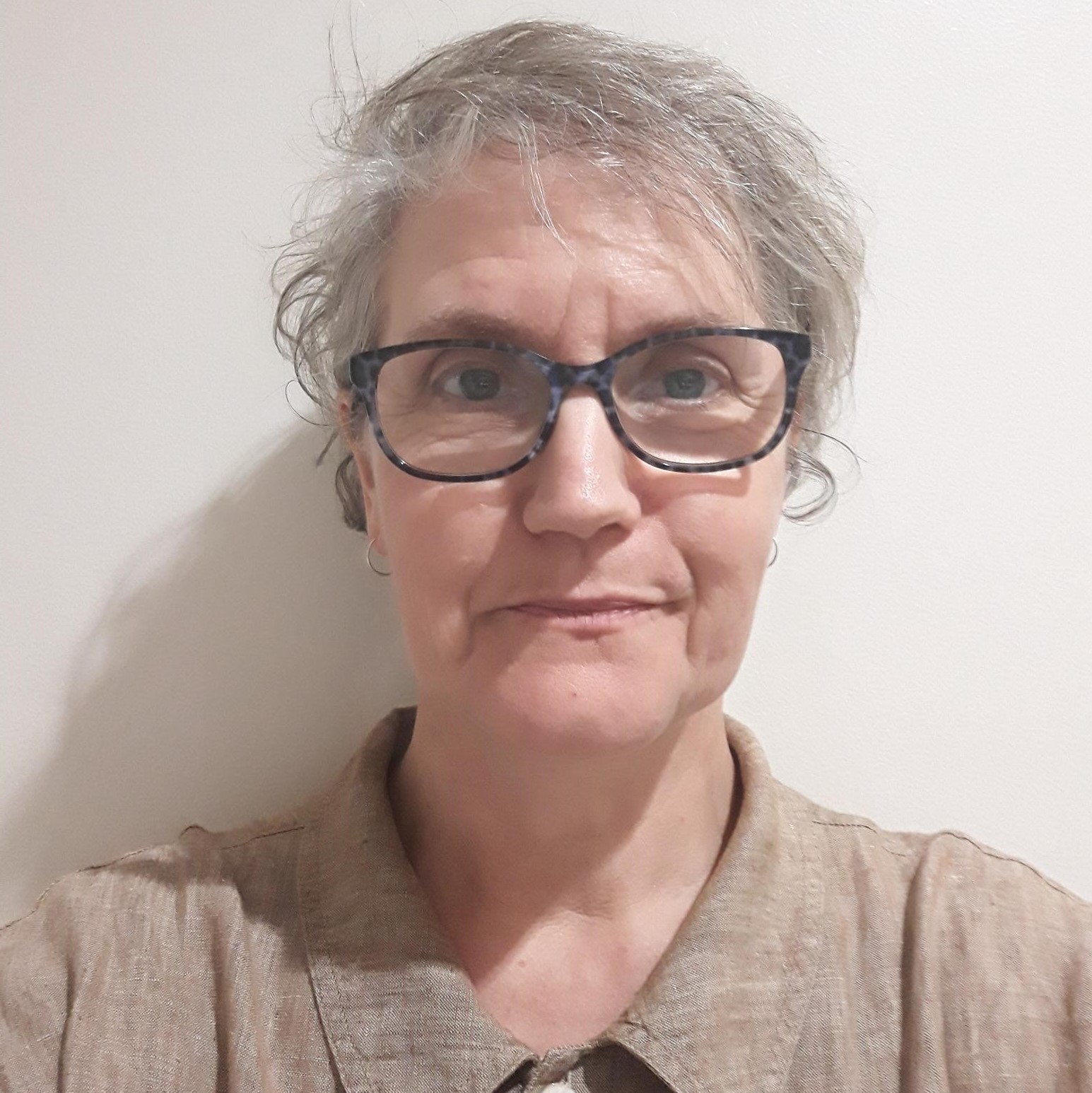An unexpected mental health nursing journey
By Brent Hayward

In this series, ACMHN members talk about their passion for mental health nursing and how they have developed professionally. In her story Beverly Duncan talks about the people who inspired her to study, how her problem-solving skills gained from working at many medical centres aid her in overcoming the challenges of working in a remote area, and the unexpected silver lining of COVID-19.
I arrived in Australia in 1998 from the UK, having qualified as a registered general nurse in 1985. Since then I’d worked in a variety of areas both professionally and geographically, my most recent experience being six years in a busy emergency department in Brighton, a culturally diverse town on the south coast.
During this time, I noticed a frequent presentation to the department was people suffering from altered levels of consciousness for a variety of reasons. A common factor present in a lot of these patients was illicit drugs, alcohol, and mental health issues, which occurred on a daily basis.
However, after arriving in Australia, I decided to join the local hospital pool in order to familiarise myself with the healthcare system. This involved working in all areas of the hospital, which provided me with the opportunity to update my knowledge in areas of nursing I hadn’t worked in for years.
One of the areas I worked in was the mental health inpatient unit, a first for me. After working in ED I thought I was prepared. I soon realised that brief interactions in an emergency department are a completely different story to working in a locked ward for an eight-hour shift with 20 or more individuals with a variety of mental health diagnoses. My hospital-based training allocated a six-week placement in a small psychiatric hospital, and that was 15 years previously.
However, human nature is unpredictable and I think this was what continued to interest me and is one of the reasons why I chose to work in the unit for eight years permanently before moving to the community.
In recent years, I have been working in rural and remote settings. This area of work presents a unique set of challenges as matching limited resources to consumers in the community, across large areas can be rewarding but also frustrating for a number of reasons. Poor telephone signal or lack of phone credit can hamper the best of intentions. Problem-solving skills are frequently tested and I think my 35 years of diverse experience in numerous locations has certainly taught me to be adaptable to the circumstances at hand and look at alternative options to resolve difficulties. Colleagues I have worked with have contributed to this by imparting their own knowledge and perspective on how to tackle presenting issues. I never underestimate others’ opinions.
Over my career, I have worked with a number of people who have inspired me in a variety of ways and influenced my own practise often in a subtle way.
However, on reflection, I think without some of my high school teachers, I may not even have finished school, let alone gone on to achieve a number of academic qualifications. They encouraged me to use my brain and have goals, not a philosophy I was used to in my family. Given my own background, I think this is why I can understand the overwhelming sense of hopelessness that many of my clients feel at times and why I try to help them to find solutions to problems.
Over decades of nursing, I have encountered many professional challenges. One of the most consistent, repetitive, and disappointing, has been trying to create a positive outcome in situations where others appear to only see negativity. Unfortunately, this has occurred to varying degrees in most areas of nursing and medicine I have experienced across the world. Within mental health, stigma and prejudice still persist and despite recent media attention, including celebrity disclosures, is a constant reminder that as a society, there is still work to be done.
One of the encouraging outcomes of the COVID-19 pandemic has been the increased awareness and discussion about mental health internationally in all aspects of the media. I am looking forward to these discussions continuing with a focus towards funding in real terms as well as long term for those who need it most. Stable accommodation and community supports cannot be underestimated in the potential they have to change the lives of people who often feel abandoned. Time will tell.
 Beverly Duncan is currently working as a clinical nurse in rural community mental health in Qld. Over 36 years, she has worked in general, mental health, and AODS, both in acute and community settings in the Uk, Eire, and Australia. She is currently writing a book about her experiences.
Beverly Duncan is currently working as a clinical nurse in rural community mental health in Qld. Over 36 years, she has worked in general, mental health, and AODS, both in acute and community settings in the Uk, Eire, and Australia. She is currently writing a book about her experiences.
TAGS Australian College of Mental Health Nurses membership, mental health career change, mental health nursing career, mental health policy Australia